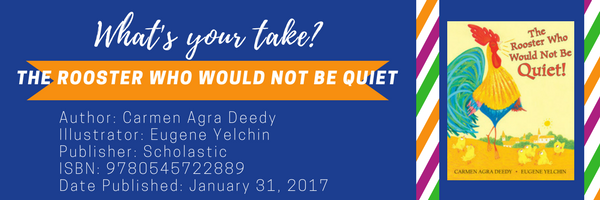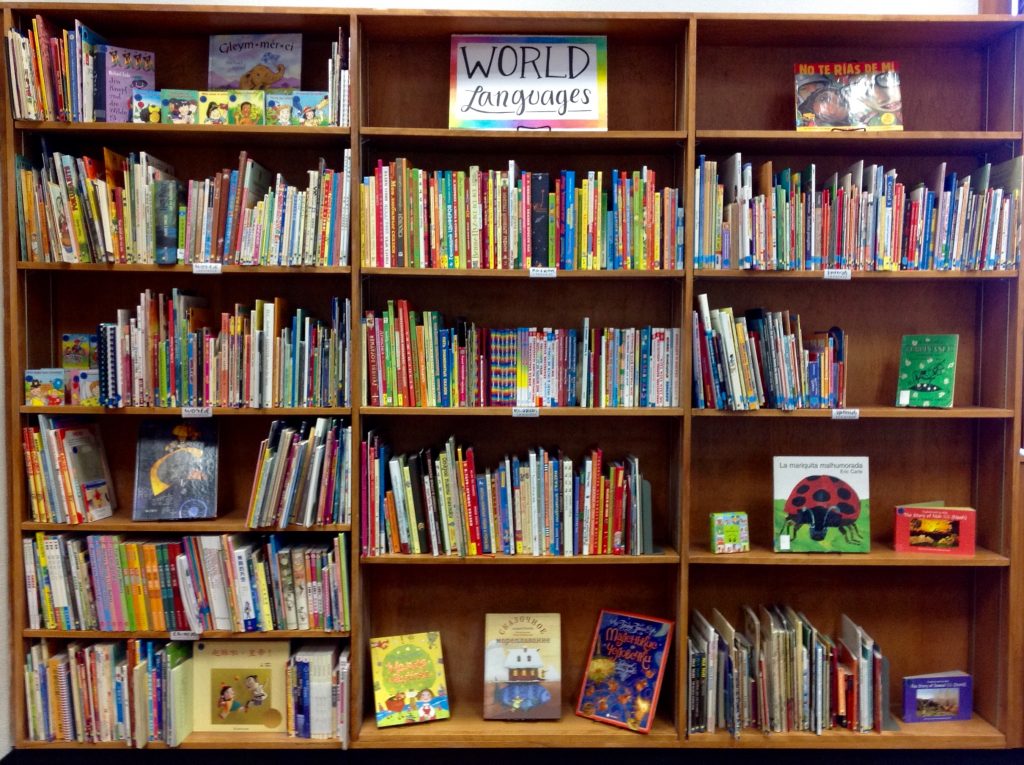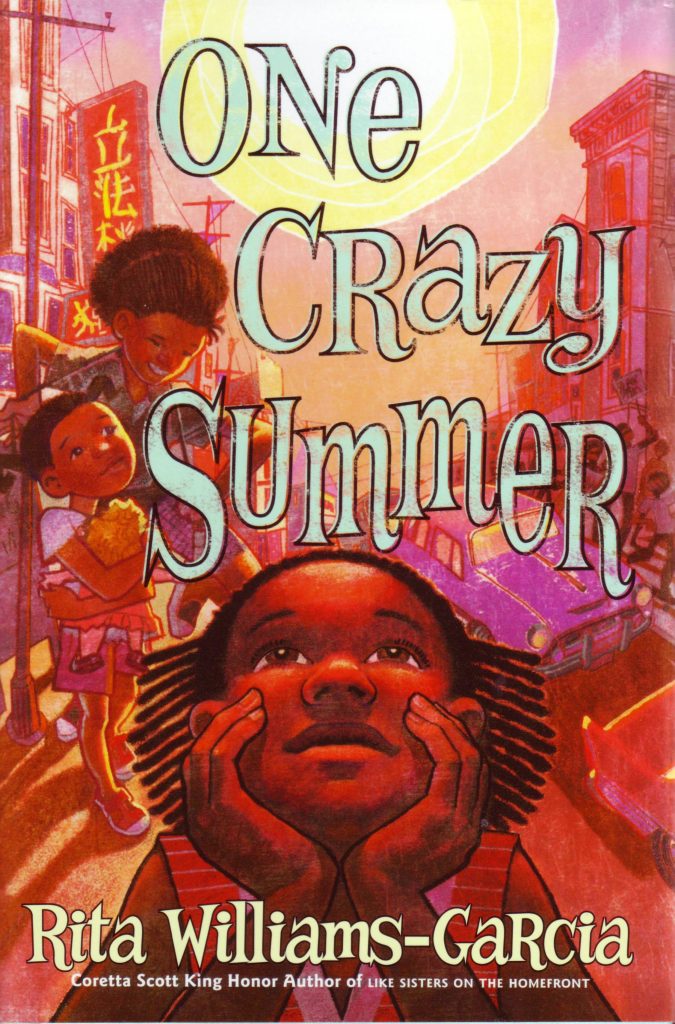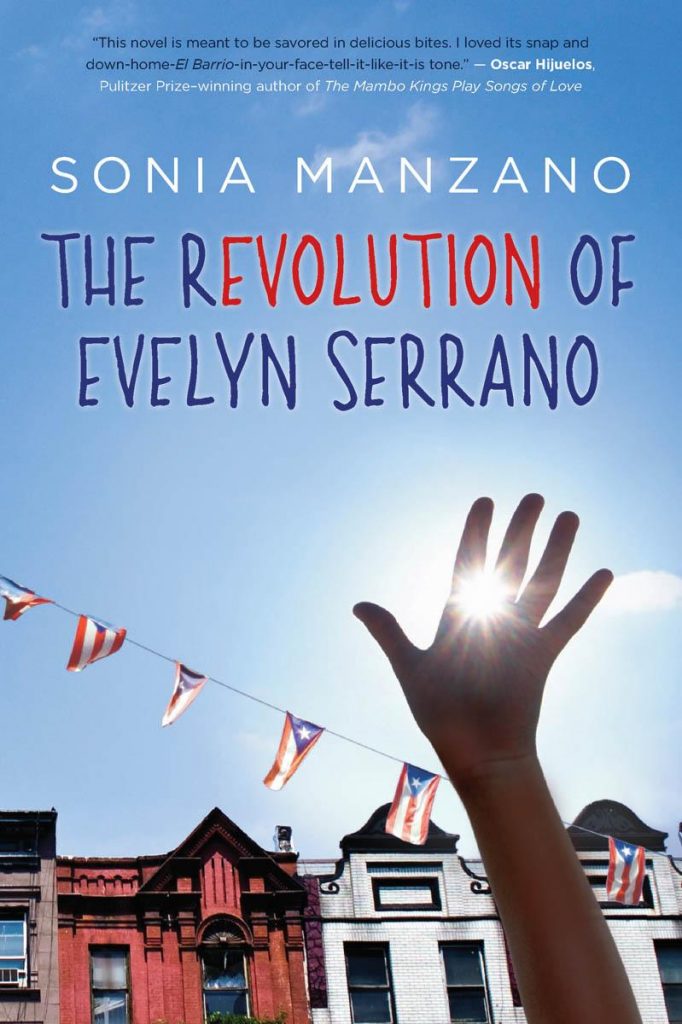By Seemi Aziz, The University of Arizona
The lives of children in refugee camps and displaced people are no different from the protagonists in Pablo Finds a Treasure by Andree Poulin and Isabelle Malenfant. The book cover reflects this plight as the audience/reader is invited into the story by faces of two disheveled, scrawny children looking directly out. Pablo and his sister, Sophia, live in unnamed slums in Latin America. They sleep on the floor and look tired and bedraggled, as did Gie Gie in The Water Princess. They similarly have to wake up early and look for “treasure” by rummaging through the huge garbage dump close by. The treasure being anything of value they can find, which includes whatever is barely edible, one shoe, or a torn up book. They do this day in and day out while dreaming of a better life. They represent a myriad of individuals, mostly children.
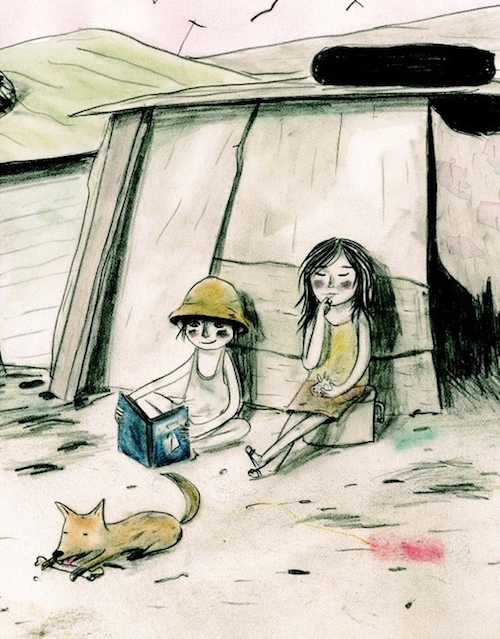
Interior illustration from Pablo Finds a Treasure by Andree Poulin and Isabelle Malenfant.



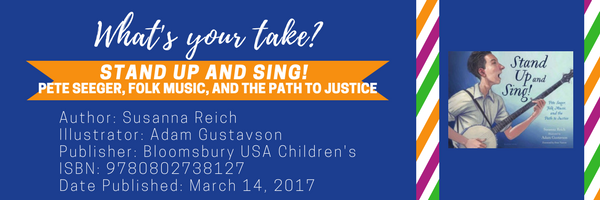
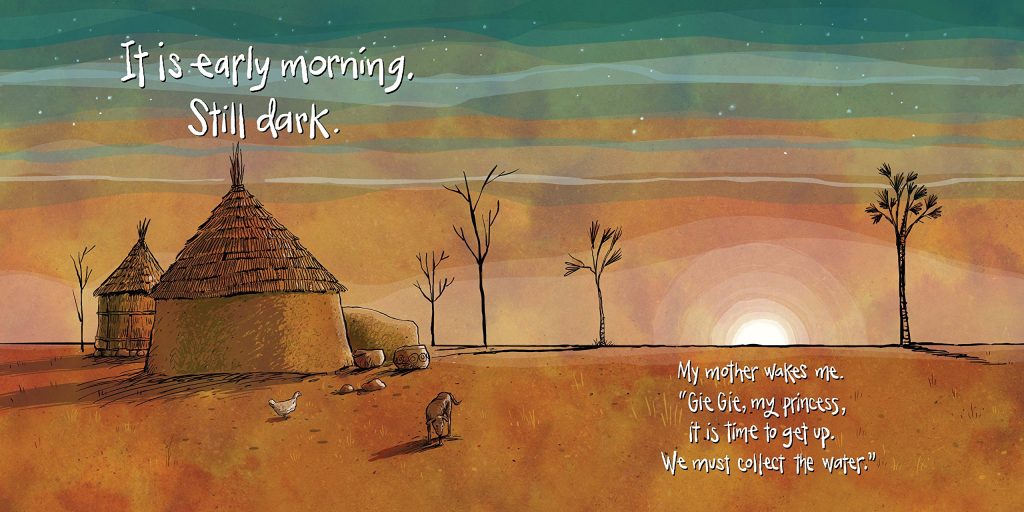
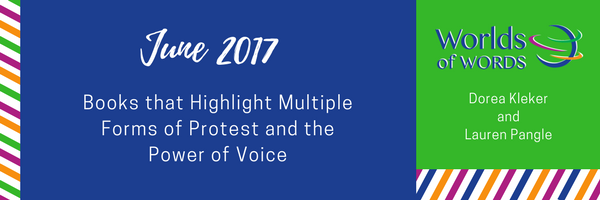 The recent presidential election in the U.S. brought forth many strong feelings and various reactions. As early childhood teacher educators, elementary teachers and mothers of young children, we are interested in exploring a set of books that highlight multiple forms of protest and the power of voice for some of our younger readers. Dorea Kleker and Lauren Pangle begin with their take on The Rooster Who Would Not Be Quiet! by Carmen Agra Deedy and illustrated by Eugene Yelchin.
The recent presidential election in the U.S. brought forth many strong feelings and various reactions. As early childhood teacher educators, elementary teachers and mothers of young children, we are interested in exploring a set of books that highlight multiple forms of protest and the power of voice for some of our younger readers. Dorea Kleker and Lauren Pangle begin with their take on The Rooster Who Would Not Be Quiet! by Carmen Agra Deedy and illustrated by Eugene Yelchin.